I am not an expert in what I write about, but I read a lot and they are always topics that are of interest to me either professionally or personally. To coincide with the Konnexus Health in Data Podcast series I have been looking at some key aspects of the topic of health in more general terms – not from the perspective of data, but a closer look at ourselves in respect to our general wellbeing and how this affects our health. While this is not directly related to recruitment – let’s face it, the better we feel about ourselves and the healthier we feel – the more we will enjoy our work, hit our goals and work better with our colleagues – I have chosen to write about a few topics, mainly as they have been focal points for my own life – but they all intertwine – Sleep, Anxiety, and Mindfulness.
Mindfulness, what is it?
While there seems to be varying definitions of the word mindfulness and what it represents, I see it as being fully present in a moment. Mindful.org defines mindfulness as the basic human ability to be fully present, aware of where we are and what we are doing, and not being overly reactive or overwhelmed by what is going on around us. According to the American Psychology Association (APA) they define it as a method that can help people with a range of habits to help them observe their thoughts, emotions and other present experiences without judging or reacting ot them.
To understand mindfulness in very simple terns can be as basic as eating a packet of chips in front of a movie, but not really noticing the taste, or spending a lot of time worrying about the past or future, and just being caught up in thoughts.
Overall mindfulness is a way of helping one put some space between negative thoughts and feelings and your reactions, such as anger or rage (healthdirect.gov.au).
How can it benefit us?
If the underlying premise of mindfulness is to allow us to be present, and to be aware of what is going on in a moment, how can it benefit us in our lives. Helpguide.org highlights the benefits of mindfulness as a way to reduce stress and improve mental and physical health. They suggest that there are many different types of mindfulness that can benefit us including basic mindfulness meditation, body sensations, sensory, emptions and urge surfing.
For me mindfulness has always been about ‘being in the present moment’ and I have found apps around mindfulness have been really good for me. Smilingmind.com.au is a great organisation and highlights some key benefits to mindfulness including increasing concentration and productiveness, creating a sense of calm, been able to be healthier and sleep better and to relax and regulate emotions.
Can we use Mindfulness in the Workplace?
During my time as Owner of Rowben Consulting, I introduced mindfulness into the workplace, in fact we had a Smiling Mind coach come to the office to help us. During this time, we practiced 1 minute mindfulness sessions before each meeting, and I personally found it focused me for the meeting and did not allow my mind to drift to other things. I was more present.
Companies like Google, Aetna and Intel have shown that increasing mindfulness in the workplace can decrease levels of stress while improving focus, decision making, thoughtfulness and overall, wellbeing. It allows people space to think and be present (www.forbes.com/sites/forbeshumanresourcescouncil/2020/10/05/increasing-mindfulness-in-the-workplace
For me mindfulness has allowed me to focus on the ‘hear and now’ which has allowed for more focus at home and in my professional like. Mindfulness in the form of apps has helped me greatly with sleeping and handling difficult situations that have come up. Like anything, it takes practice, but I believe it is worth it.
Tracee Rowe
Konnexus






